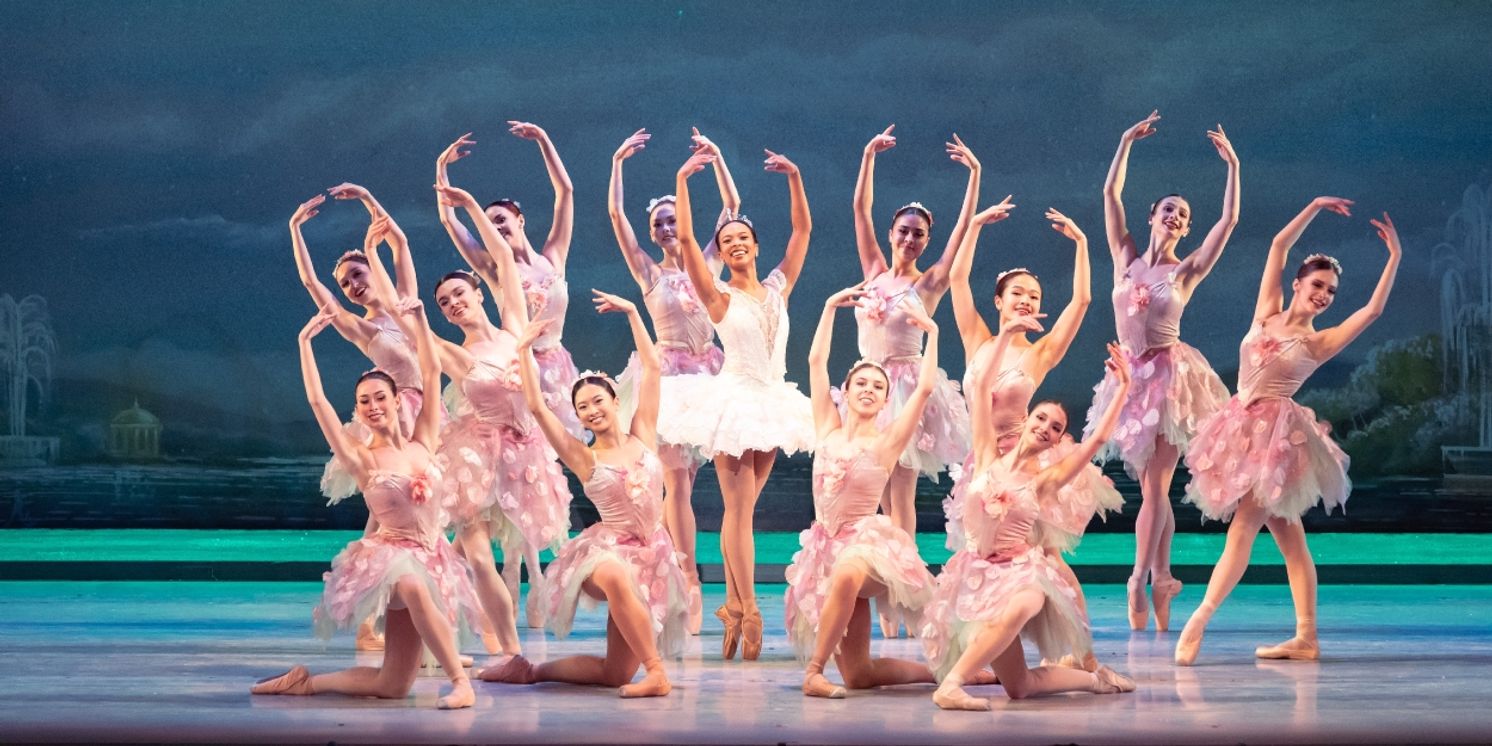Review: THE WASHINGTON BALLET'S 'THE NUTCRACKER' at Warner Theater
This production runs through December 29th.

The Washington Ballet’s “The Nutcracker” is as cheery and jolly as many other productions of the holiday classic. Precious young dancers in adorable costumes flit about as whimsical woodland creatures. Teen dancers float proudly, their effort visible and appreciated as students aspiring to ballet greatness. The families of these hundreds of student dancers buy hundreds (perhaps thousands) of tickets, and the organization makes a sum of money great enough to sustain business through the next calendar year, when The Nutcracker runs again.
.jpg?format=auto&width=1400)
As someone with no relation to any of the performers, I expected an evening of cuteness and tradition set to Tchaikovsky’s iconic score. In addition to these elements, The Washington Ballet’s production featured a plethora of 19th-century Americanisms.
The program sets the scene for Act I in 19th-century Georgetown. Clara’s “mysterious godfather” gives her a George Washington nutcracker, who comes to life to fight a rat version of King George III. The Betsy Ross flag-brandishing cavalry wins, and George Washington turns into a prince who travels with Clara to a cherry blossom Springtime.
.jpg?format=auto&width=1400)
In Act II, the Sugar Plum Fairy invites snowflakes, cardinals, bees, flowers, and clowns to perform for Clara and the prince. To lead the children and apprentices performing these roles, company members perform vaguely off-color parts like “Frontiersman” and “Tom Cat.” Children in morel and trumpet mushroom headpieces are more charming than a grown man wearing a cat mask and fuzzy tail onstage, regardless of technical skill.
.jpg?format=auto&width=1400)
The plots of many famous narrative ballets are fantastical and invite a bit of imagination on the part of the audience. Take for example; woman turns into a swan (Swan Lake), woman cursed to sleep for a hundred years until a man kisses her (Sleeping Beauty), woman returns as a ghost to kill men by dancing them to death (Giselle), etc. I find no issue with the suspension of disbelief that is required to engage with and enjoy the story of The Nutcracker, but I question the compatibility of historic-political themes in addition to an already outlandish narrative of fiction.
.jpg?format=auto&width=1400)
Setting aside the brazen and elementary references to the American Revolution, the most bothersome part of this show was the “duet for an Anacostian man and woman,” which seemed to bear resemblance to the native peoples of this area solely in name. With skimpy red fringe costumes, the choreography felt too sexual and out of place. The dancers performed beautifully, as company members of The Washington Ballet always do, but this part read as racist and reductive, referencing simplified American pop-culture understandings of indigenous aesthetics for purposes of variety.
I genuinely wanted to like this production- the children are so adorable, and the students and studio company members performed with beautiful authentic presence despite what must feel like a very long run of this show. I was lucky enough to see Maki Onuki and Gilles Delellio as the Snow Queen and King, one of my favorite pairings of The Washington Ballet dancers. Despite the talent and festivity, George Washington’s presidential portrait on a red, white, and blue hot air balloon prop was so gratuitous that the only cohesive judgement of this production I can make is, to quote a fellow audience member, “that was the most ‘DC’ Nutcracker I’ve ever seen.”
.jpg?format=auto&width=1400)
Photos by Melissa Skinner
Reader Reviews
Videos

